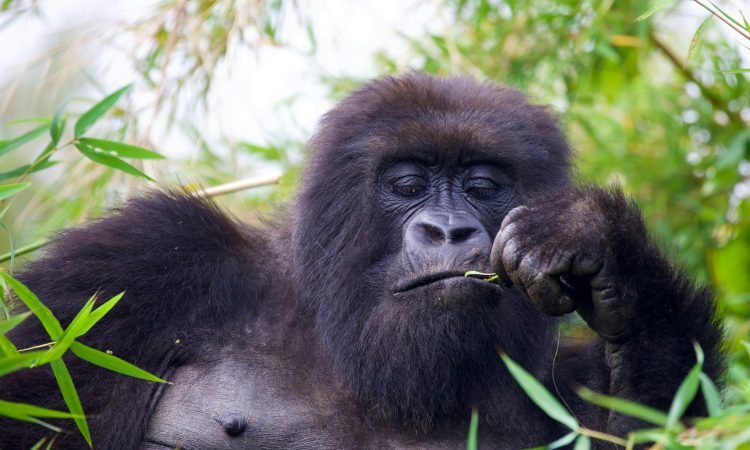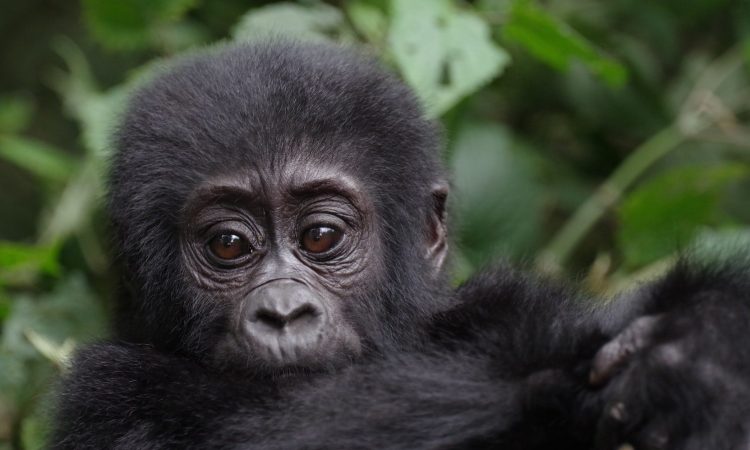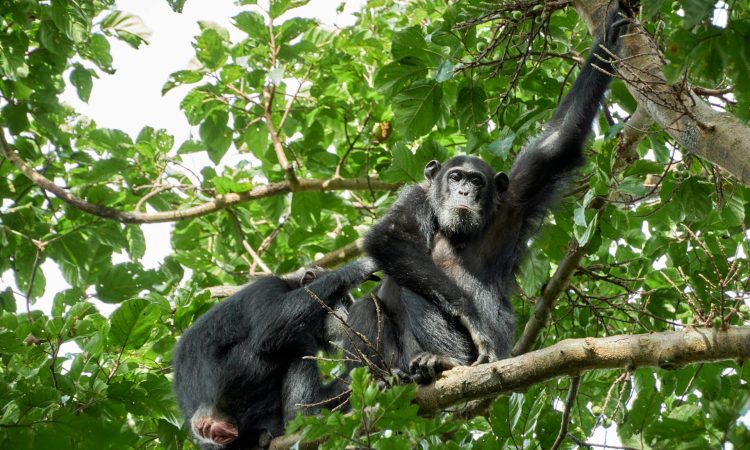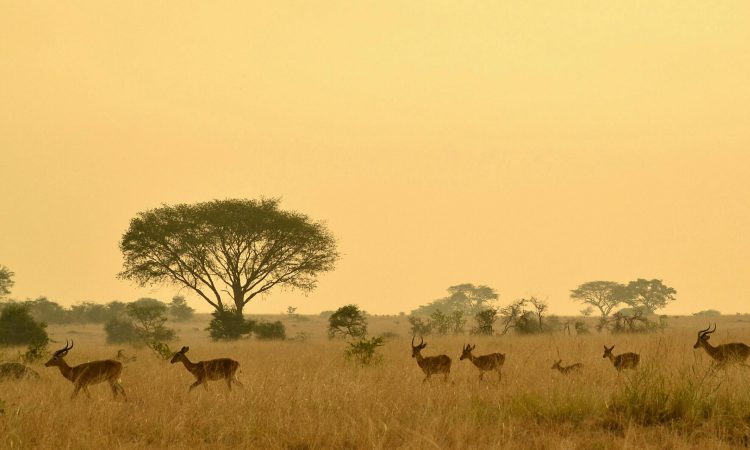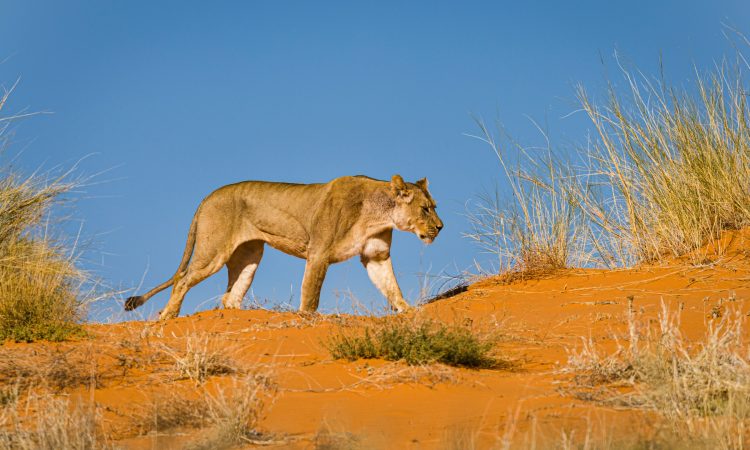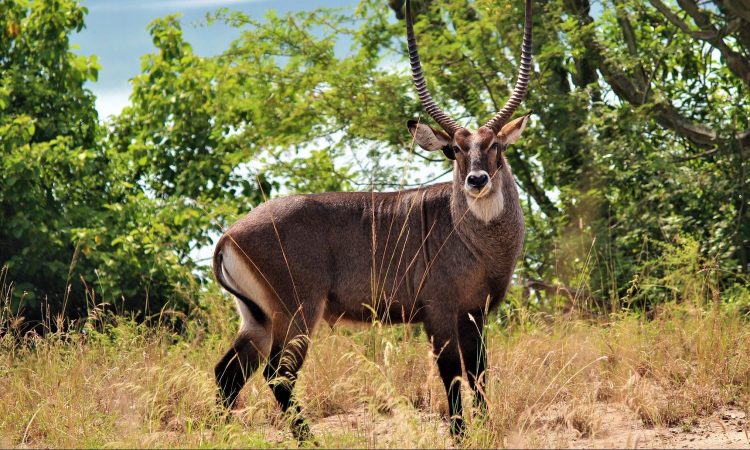Gorillas do not eat their babies; however, they sometimes practice infanticide. This usually happens when a female with a young baby joins a new group. In such cases, the dominant silverback of that group may kill the baby gorilla. Also, if a new silverback takes over a group, he may kill the young baby gorillas.
This behavior happens more often with male baby gorillas, as the silverback may feel unsafe and fear that the young males could grow up and challenge his leadership.
Gorillas have a strong bond with their babies. Mothers take good care of their young ones and feed them with breast milk. A baby gorilla usually clings to its mother’s chest or back and sleeps in her nest until the age of 3 to 4 years.
After that age, the baby may begin sleeping in its own nest but still stays close to its mother’s nest.
Silverbacks also help in caring for the group. They protect all the members from danger. If a female gorilla dies, the silverback may take care of her baby, even sharing his nest with it.
Baby gorillas are often very close to the group leader. They enjoy playing with the silverback and spend time near him.
Silverbacks are known to protect the young ones and can even remove snares set by poachers using their strong canine teeth.
Gorillas mostly eat plant material. About 86% of their food is made up of leaves, stems, soft parts of plants, bark, bamboo shoots, roots, fruits, and other plants.
Gorillas eat around 142 types of plants that grow in their forest homes. They rarely drink water because the plants they eat already contain a lot of moisture.
Sometimes, they also eat small insects like termites and ants.
A male silverback can eat up to about 30 kilograms of food in one day, while a female can eat around 20 kilograms.
In conclusion, gorillas do not eat their babies. You might be lucky and see a baby gorilla during your gorilla trekking safari in Uganda, Rwanda, or Congo

